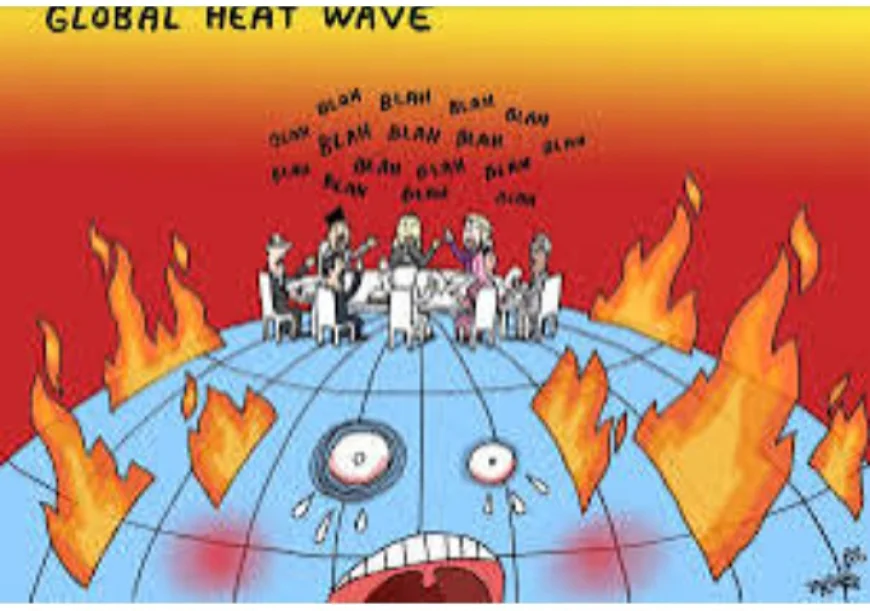Global Heatwaves Break Records in 2025: What’s Happening and Why It Matters
This summer, the planet is experiencing one of the hottest years on record, with heatwaves scorching cities across Asia, Europe, and North America. Temperatures have soared above 45°C in parts of India and the Middle East, prompting health alerts, power outages, and environmental warnings. Scientists link these extreme events to a mix of climate change and El Niño effects.

What’s Happening?
-
India and Pakistan: Cities like Delhi and Karachi reported record-breaking temperatures, leading to school closures and public health warnings.
-
Europe: Southern countries like Spain, Italy, and Greece are seeing wildfires fueled by dry winds and high heat.
-
US & Canada: The Pacific Northwest is again facing abnormal heat, with local governments urging residents to stay indoors.
According to the World Meteorological Organization (WMO), global temperatures are 1.5°C above pre-industrial levels, the limit outlined in the Paris Agreement to avoid catastrophic impacts.
Why Is This Happening?
-
Climate Change: The continued burning of fossil fuels leads to more greenhouse gases, trapping heat in the atmosphere.
-
El Niño: This natural climate pattern warms ocean surfaces in the Pacific, amplifying global weather extremes.
-
Urban Heat Islands: Concrete-heavy cities absorb more heat, making urban areas significantly warmer than surrounding rural regions.
The Impact
-
Health: Increase in heatstroke cases, dehydration, and mortality among the elderly and children.
-
Agriculture: Crop damage and livestock deaths are threatening food security in some regions.
-
Power Grids: High energy demand for air conditioning is straining infrastructure.
-
Environment: Rising temperatures are melting glaciers and drying rivers.
What Can Be Done?
Experts say this is a wake-up call for urgent climate action:
-
Adaptation: Building heat-resilient infrastructure, increasing green spaces, and better early warning systems.
-
Mitigation: Phasing out coal, shifting to renewable energy, and reducing emissions at all levels.
-
Individual Action: Conserving energy, planting trees, and supporting sustainable policies.
Final Thoughts
2025’s heatwaves aren’t just random — they’re a warning sign of what unchecked global warming can do. While governments and scientists work on long-term solutions, everyday citizens also have a role to play. As the saying goes, “The best time to act was yesterday. The next best time is now.”



 VARSHITHA
VARSHITHA